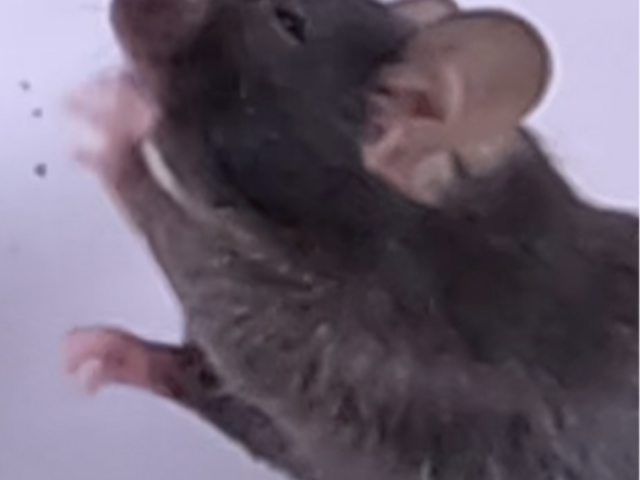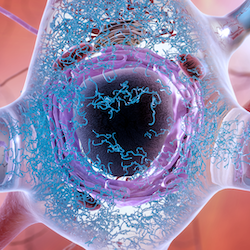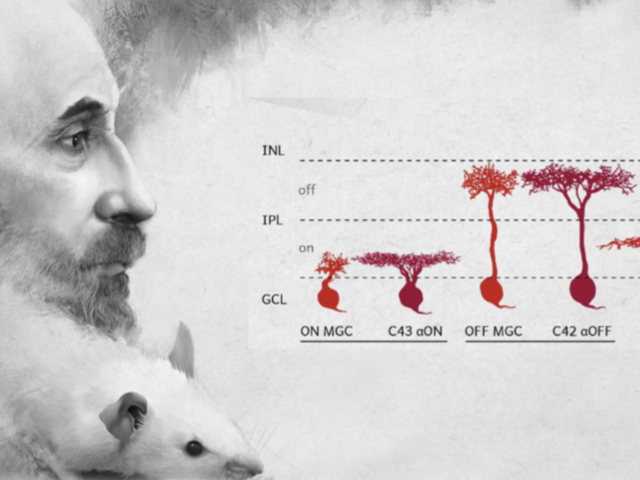The Helen Wills
Neuroscience Institute
Deepening our understanding of the brain and the rest of the nervous system through original research and neurotechnology innovation, and training the next generation of neuroscientists.
The Helen Wills
Neuroscience Institute
Deepening our understanding of the brain and the rest of the nervous system through original research and neurotechnology innovation, and training the next generation of neuroscientists.
An image of dendritic spines on neurons in the mouse cortex, produced using new microscopy technology developed by HWNI member Eric Betzig.
The Helen Wills Neuroscience Institute (HWNI) is the nexus for campus-wide multidisciplinary neuroscience research at UC Berkeley. Our community includes over 70 faculty members in 12 academic departments. This unique cross-departmental structure brings together experts from a variety of fields to use the power of interdisciplinary research to achieve breakthroughs in the study of the brain and nervous system, and to drive the development of novel treatments and technologies. We support our faculty and their labs in their individual research aims, and foster opportunities for collaboration. We also sponsor major research initiatives, run six innovative neurotechnology and research centers, and train the next generation of neuroscientists through our support of the Neuroscience PhD Program.










